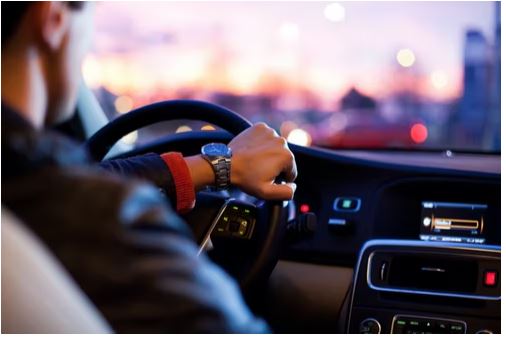How Can I Prove Negligence in a Drunk Driving Lawsuit?
If you have been hurt by a drunk driver, you have the legal right to sue the intoxicated driver for compensation for all the losses you have incurred. Driving under the influence of alcohol (DUI) is a crime in all states in the US. This is because even a small quantity of alcohol can impair a motorist’s ability to operate their vehicle. Moreover, the risk of getting into an accident increases exponentially when a motorist’s Blood Alcohol Concentration (BAC) reaches .08 or more.
If an intoxicated motorist has harmed you, you need to know that you can sue the motorist for damages, including lost income, medical bills, and pain and suffering. In addition, you should know that DUI is a crime and if the motorist who injured you is convicted of a DUI, then you can request for victim restitution. However, an alcohol-impaired motorist is not automatically at-fault for an accident and if you want to hold them liable, you will need to show that the motorist’s impairment contributed to or caused the crash. To prove that the alcohol-impaired motorist caused the collision, then you will need to show;
The motorist had a duty of care.
The motorist has a duty of care to you to operate his or her vehicle responsibly so all road users can be safe. If they fail to follow the one rule, then they are liable for any damages that they caused. It’s important to understand that this is a rule that everyone is legally allowed to follow. Failure to do so can cause loads of damage and possibly death. If a motorist cannot follow this rule, then they have to deal with the legal repercussions.
They breached their duty.
You need to prove that the motorist knowingly did an action that put all other road users and individuals in harm’s way. DUI is commonly considered a breach of duty because an average individual would be aware that acting in such a manner could potentially injure other people. This means this was a deliberate choice on the driver’s part. They did not stop themselves from getting on the road and driving dangerously. Any damage that they caused they are legally responsible for.
The causation
You also need to produce evidence showing how the motorist’s negligence caused your injuries. For example, you can show that the motorist’s intoxication caused him or her to run a red light, which caused the crash and your injuries. Having this substantial evidence covers you from taking ownership. If you were not at fault, you can also seek legal compensation for the damages caused by the accident. You should not have to pay for damages that you or someone else caused.
Damages
For you to receive monetary compensation, the damages you suffered need to be compensable. For example, your damages may come in the form of property damage and lost income. If you lost your car because it was greatly damaged, that is something that you can be compensated for. If your injuries were so severe that you had to take off from work, then you can be compensated financially. There is no rubric for how intense the damages have to be but you need to bring proof that they were caused by the guilty party. Once you have all those details in order then you have a solid case.
Evidence in a drunk driving accident
You must provide evidence to show that the other motorist is responsible for the crash to win the case. Some of the evidence from a drunk driving accident can include your testimony regarding the collision and your interaction with the intoxicated motorist. For example, you may have smelled alcohol from the other motorist, or noticed how they slurred their words. In addition, you may have spotted open containers of alcohol in their vehicle or seen how they struggled to stay up front and maintain balance. Another important piece of evidence is a copy of the police report. When a police officer notices a motorist is intoxicated, they will write that on their report.
Bottomline
You can prove that the intoxicated motorist who caused the collision was negligent by showing that they owed you a duty of care, which they violated. This in turn caused the collision and your bodily injuries. In addition, if you want to be compensated, your damages must be compensable. You need to show clear evidence that this accident causes you to either lose your car or miss out on necessary income. These details can be tedious to keep up with, but they are necessary for a court of law.
Check Next >https://www.neoadviser.com/preventing-common-car-accidents/
